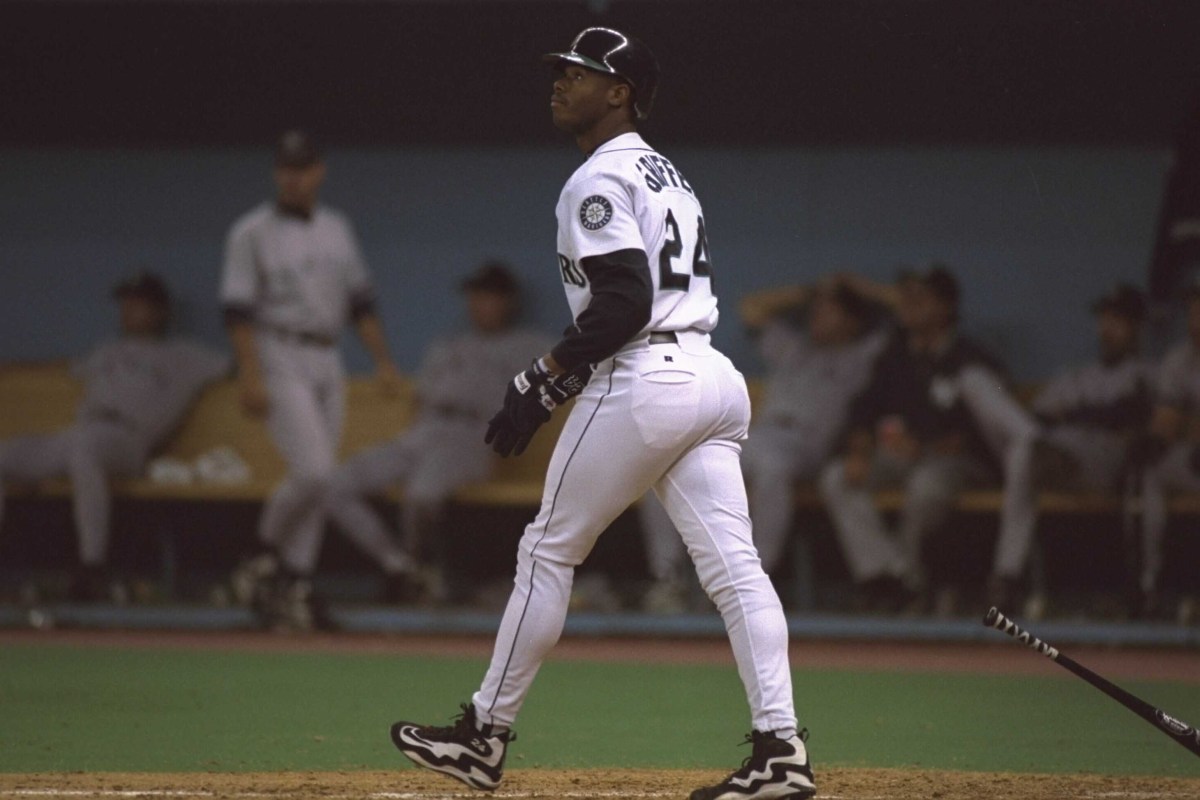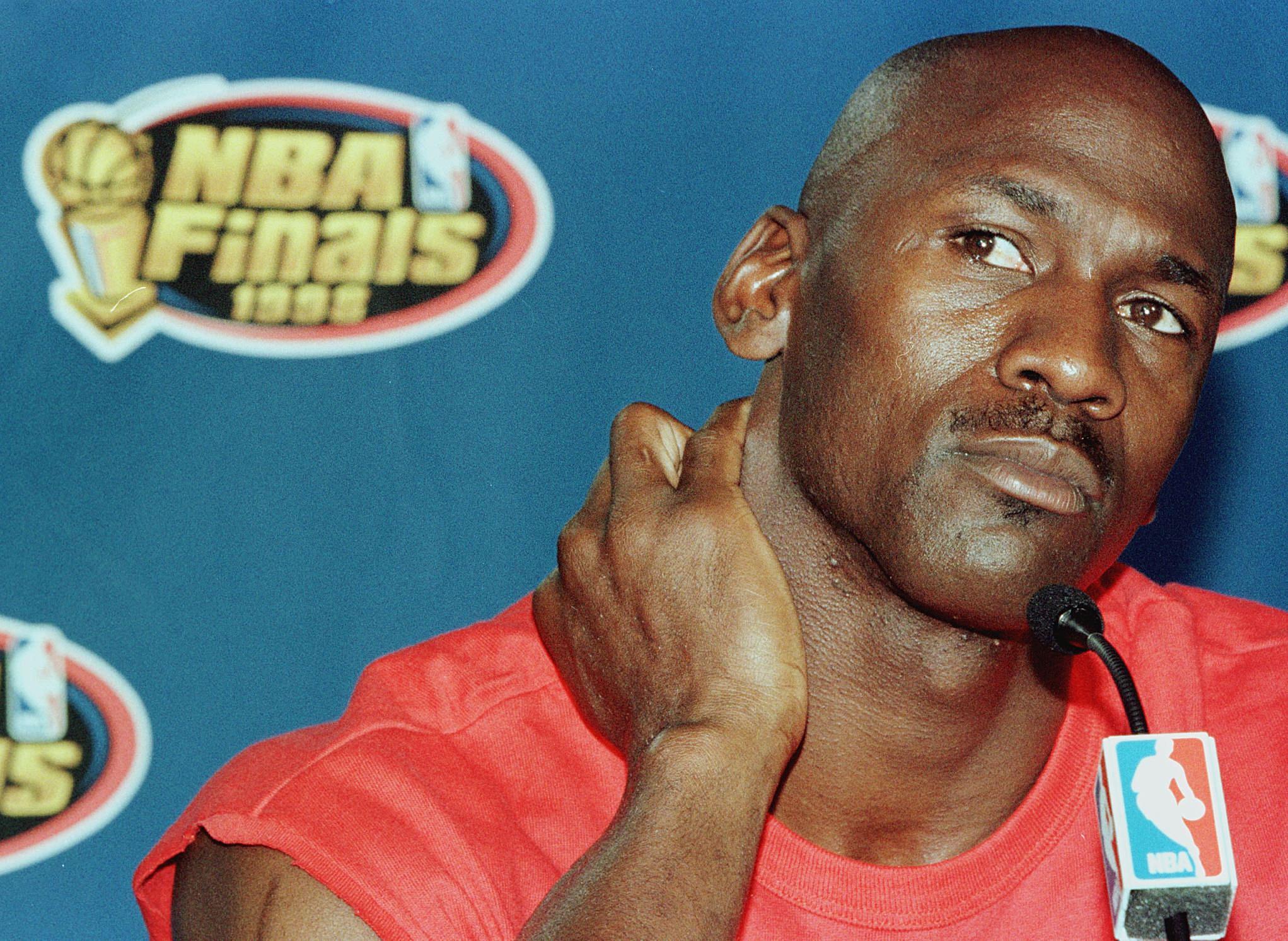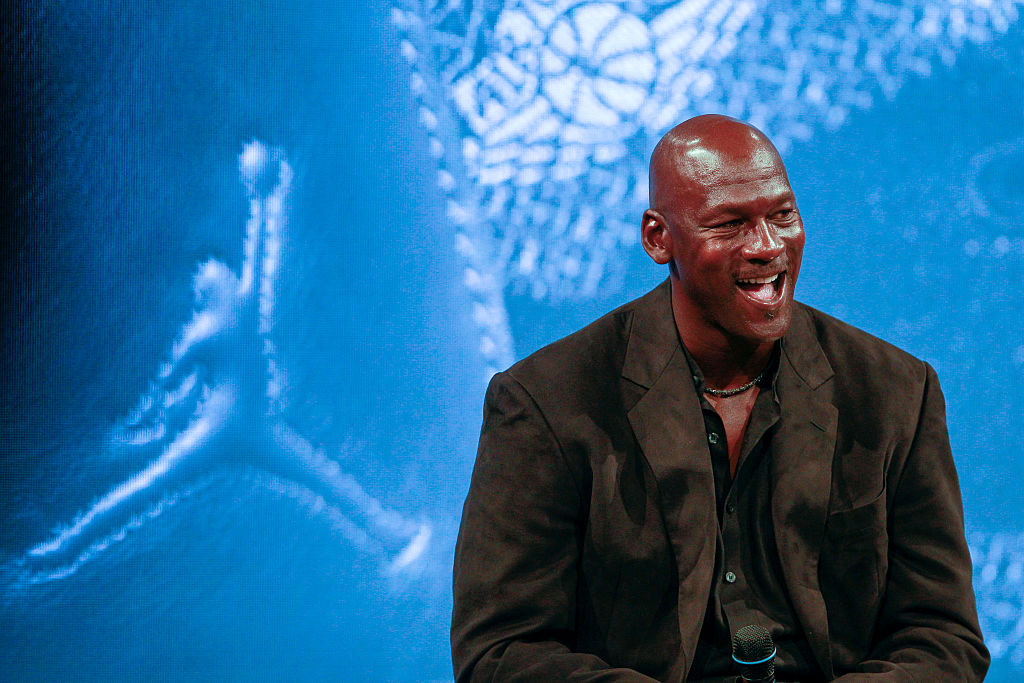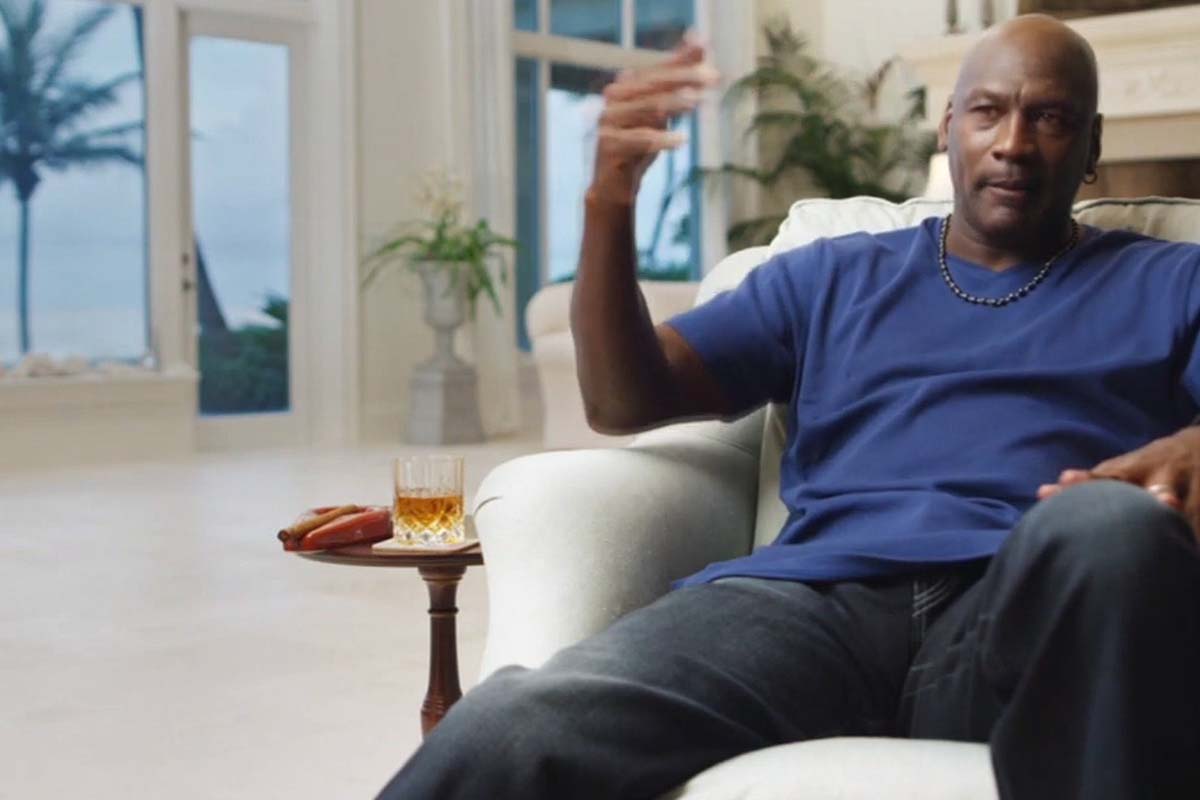The Last Dance, ESPN’s exhaustive 10-part documentary saga detailing the tragic rise and fall of LaBradford Smith’s NBA career (among other things), is pure spectacle. Here are 10 hours of video footage produced with the gloss and high sheen of a Nike commercial, every second of it celebrating the most famous athlete of all time, complete with all the product placements and ‘90s cultural ephemera you can imagine, as annotated by a motley cast of celebrities past and present that includes two living presidents. This is the Legend of Michael Jordan presented by Michael Jordan, a wildly entertaining hagiography about how being super good at basketball is akin to holiness. It’s a production meant to regale a captive audience with stories of Michael Jordan’s greatness, while Jordan, evasive as ever, keeps you slightly out of arm’s reach. He consumes the majority of the series’s oxygen (and rightfully so), but to the film’s detriment, the most interesting human moments swirl around at the sprawled-out periphery, never quite coming into focus.
Dorktown’s documentary about the Seattle Mariners, on the other hand, is three hours and 45 minutes of sprawled-out periphery. And it’s glorious.
For the uninitiated, Dorktown is an SB Nation miniseries on YouTube helmed by Alex Rubenstein and Jon Bois, an extremely Online multimedia genius who specializes in the profoundly weird and the weirdly profound. Have you ever wondered about the history of athletes named Bob? Or what the growth of UFC tells us about the flaws of neoconservatism and neoliberalism? Or what the future would be like if people lived forever and football games could last for eternity, unbound from space or time? Jon Bois has — so deeply, in fact, that he can turn trivia into history and history into something close to poetry. And in the Seattle Mariners, the oddest team in professional sports, Dorktown has found its perfect muse.
Accordingly, Dorktown’s recent six-episode epic about Seattle’s up-but-mostly-down baseball team is comprehensive, tracing the Mariners from their roots as the indirect byproduct of a string of anti-capitalist arsons in the 1930s to their record-breaking season in 2001 to their bland badness of today. Notably, even as the documentary includes baseball legends such as Ken Griffey, Jr., Randy Johnson, Alex Rodriguez and Ichiro Suzuki, the focus remains squarely on the Mariners as a franchise. This ensures that despite the documentary’s historical breadth, it remains a study in slightness, chronicling 40 years of minor happinesses and disappointments.
So, yes, basically the opposite of The Last Dance.
In typical Bois fashion, Dorktown charts the history of the Mariners through, well, charts. The specificity and focus of them is astounding. At various points throughout the documentary, Bois and Rubenstein create graphs to illustrate Harold Reynolds’s historically inefficient base running, the run differential of every 87-win team ever and the exact probability of somebody predicting that Matt Tuiasosopo would hit a home run. The documentary’s general vibe can best be described as the lovechild of a bootlegged Microsoft Office Suite and Thomas Pynchon — the raft of scatterplots, bar graphs and statistical minutiae don’t reveal just OPS or run differential, they also produce a staggering overflow of characters. And yet, by presenting tomes of cherry-picked stats and arbitrary comparisons, Rubenstein and Bois somehow uncover meaning beyond mere math. It’s easy to appreciate in the abstract that Edgar Martinez became one of the most lethal hitters of all time after spending the early part of his 20s working in a furniture factory, but the true insanity of that journey doesn’t fully sink in until you realize that, in 1996, he had 66 extra-base hits in his first 84 games.
“Things are only meaningful as long as we decide they are,” Bois says in the documentary’s final installment. “[The Mariners are] purely a celebration of human beings at their best and weirdest, and the bizarre, accidental stories they tell.”
Admittedly, the doc’s commitment to strangeness may alienate some viewers. My Mom’s reaction: “What is this? School?” Without the budget or desire to produce glittery montages and interview droves of outsized personas, Dorktown is a decidedly lo-fi operation: the clips of game footage are in standard definition and the musical score sometimes sounds like somebody trying to recreate a Kraftwerk deep cut on keytar. Exposition is provided by way of digital cutouts of local newspaper articles, and the bulk of the documentary’s plot itself is driven by the route of a yellow squiggly line that represents the team’s record as it inches its way across a line graph of each season.
While the trials and travails of this yellow squiggle are way more riveting than they have any right to be, the project really soars in its interstitial scenes, when Rubenstein and Bois slow things down. Although the pair often traffic in the existential and emotionally resonant, this documentary is very much aware that baseball, at its core, is a silly game. Rubenstein and Bois relish in this, unafraid to digress in weird directions or gleefully toggle between tones and moods. They are as fluent in the esoterica of sabermetrics as they are in the nuances of “blurping” (forcing oneself to throw-up) mid-inning in the outfield; they are equally at home assuming the self-seriousness of traditional sports-documentary narration and rendering the pranks of the mysterious Mr. Jello in clunky CGI.
Whereas The Last Dance was a paean to Michael Jordan’s singular psychosis, Dorktown aims at something bigger: it wants to reconfigure how you think about sports. In the Dorktown universe, winning doesn’t matter — the real victory is the friends we make along the way. If the closest thing that the Last Dance has to an emotional core is when Jordan is brought to tears by memories of telling Scott Burrell that he is unworthy of ever being loved, Dorktown argues that sports themselves are the emotional core, that they are conduits for a special strain of love that exists beyond the divisional standings. In doing so, Rubenstein and Bois orient the Seattle Mariners — devoid of any substantive baseball accomplishment — as the purest distillation of what makes sports special. Here is a pastiche of fragile joys, a flight towards if not glory, then grace. Dorktown writes them to deliverance.
The Charge will help you move better, think clearer and stay in the game longer. Subscribe to our wellness newsletter today.
























